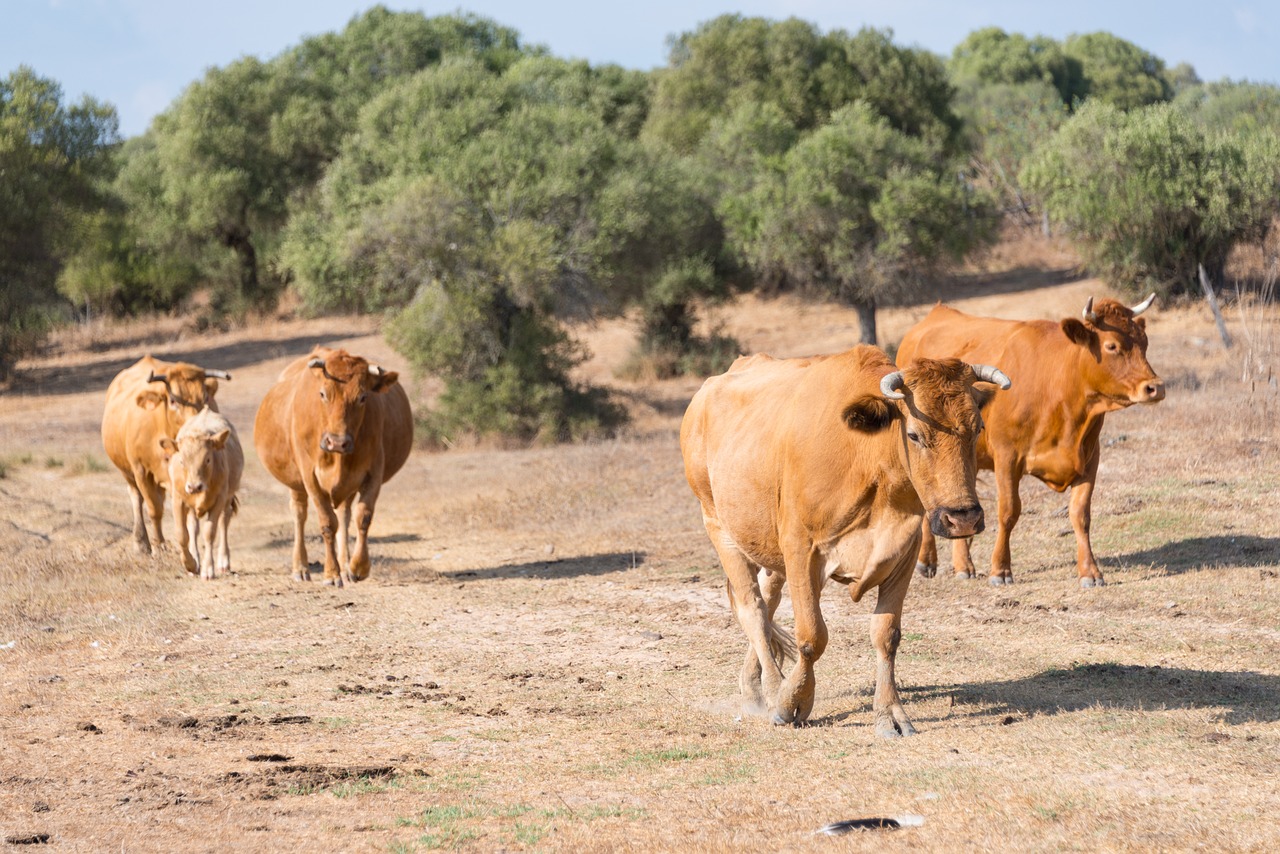Research published in PNAS has analysed the conservation status of 5,400 terrestrial vertebrate genera, comprising 34,600 species, between the years 1500 and 2022. The authors found that 73 genera have become extinct since 1500. Birds suffered the greatest losses, with 44 extinct genera, followed by mammals, amphibians and reptiles. The results reveal that the extinction rate was 35 times higher during this period than the average extinction rate over the previous million years. According to the researchers, the genera lost in the last five centuries would have taken 18,000 years to become extinct without human impact.









